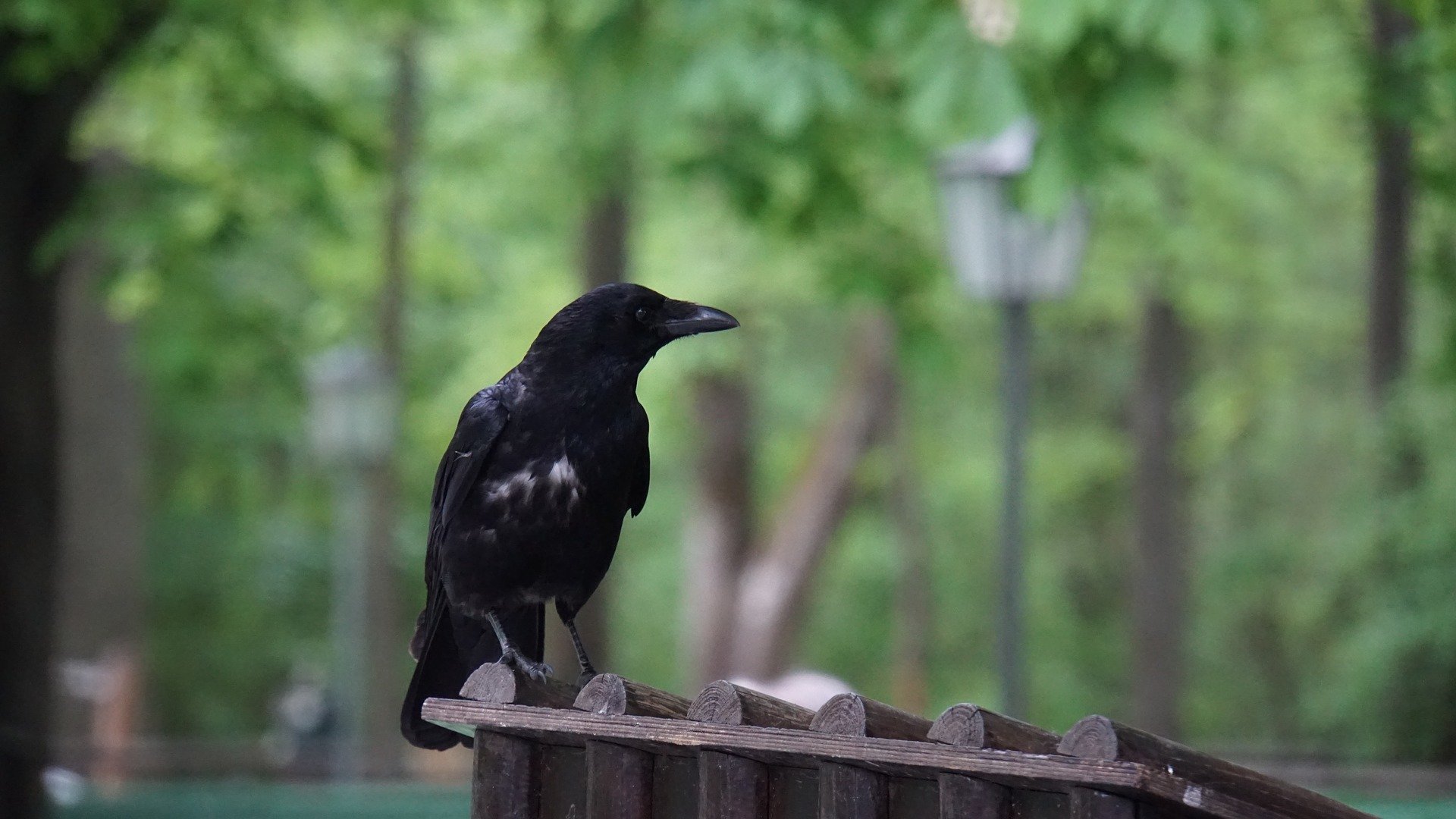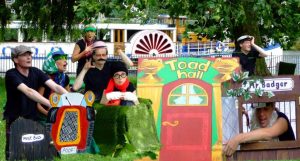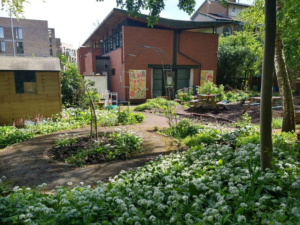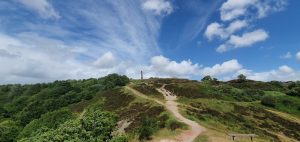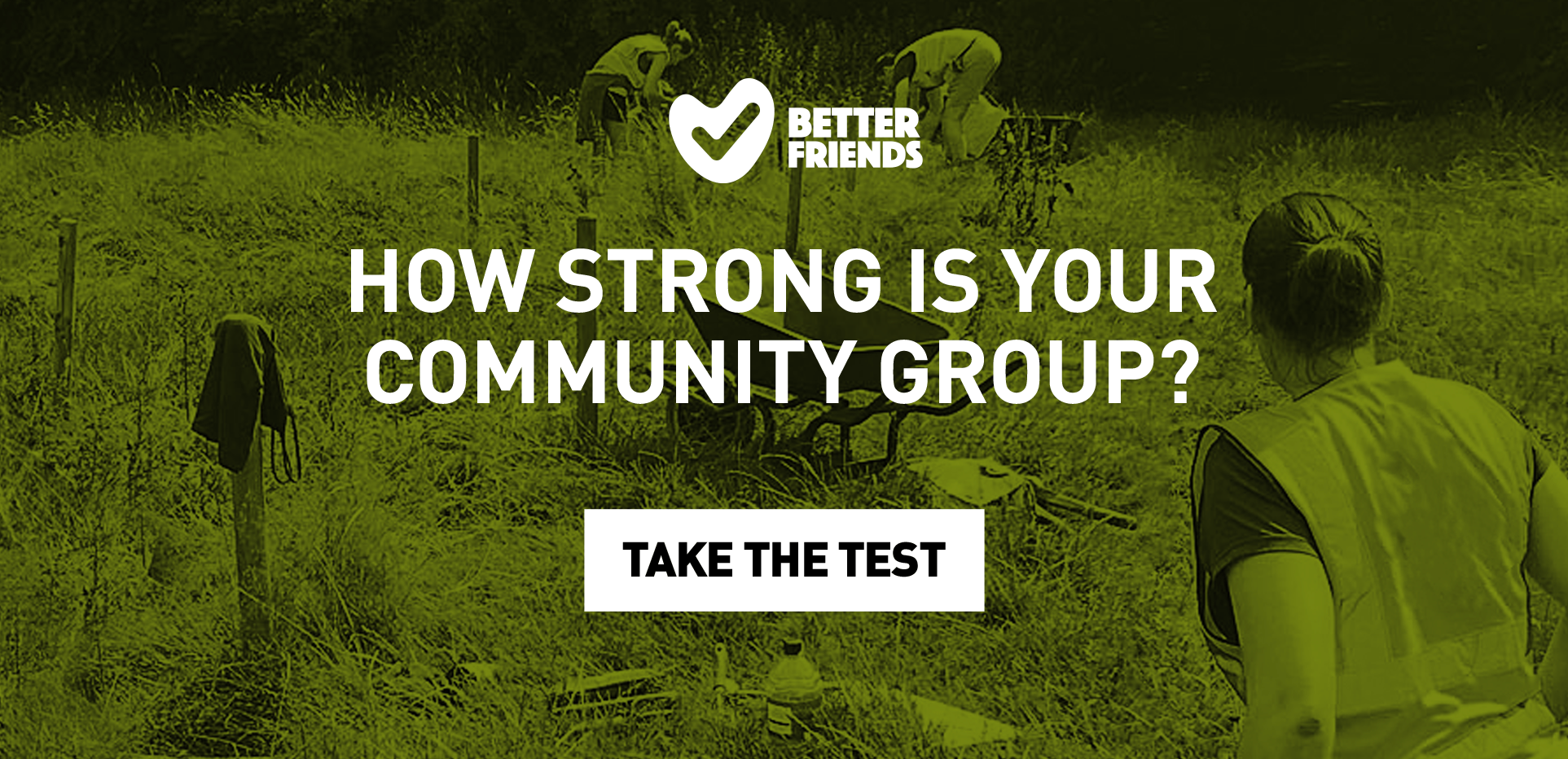Wildlife Surveys
Friends and volunteers can get involved with site management by reviewing wildlife through surveys and site recording. Data required for each sighting includes:
- Date
- Site Name
- Grid Reference
- Survey type
- Species
- Name of Recorder
Additional information if possible: whether adult, juvenile or egg; Male or Female; Contact details; photos if possible. This data should then be sent to a regional biological recording centre. In some cases now an app may be available to support this.
[The National Biodiversity Network http://www.nbn-nfbr.org.uk/ provides more details about local record offices.]
Engaging the Community: the value of wildlife survey work
To undertake surveys accurately there may be a need for training or development of identification skills or techniques. The survey preparation process may provide an opportunity for a training event, such as with a CD of bird sounds or slides, etc to develop skills and confidence to participate.
Information may be available on line, or with apps to download. There may also be local experts keen to get involved.
Other links with potential to support, may include local records centres, local wildlife bodies, conservation charities, species specific organisations, landowners or local authorities.
The survey process will not only help community development and develop volunteer interest in sites but also provide evidence of activity and biodiversity to support future funding bids. Further assessment from this baseline may also enable change and improvement to be monitored.
Survey evidence may also help demonstrate the value of sites, highlighting the need to protect sites and their future management.
The range of potential wildlife related activities available to parks are extensive, and could include:
- Bug hunts
- Wildlife themed art and competitions
- Nature Trails
- Go Wild Outdoors
- Outdoor Survival Skills (11-18) including Bushcraft
- Survey workshops
- Guided walks
- Practical sessions – ‘Mud to Muscle’
- Funding wildlife woodcarving workshops
- Guided and sensory walks
- Environmental Art and Craft
- Practical projects
- Educational sessions with local schools
Benefits include:
- Gaining and reinforcing relevant skills
- Having confidence to go ahead
- Being willing to consider opportunities that may exist even in unlikely spaces
- Look for good ideas and ask for advice and help
- Teamwork and Partnership working.
Additional benefits for Friends groups working with Wildlife
- Attracting new members
- Getting out into the local community – visit local open days and other sites and take a stall if possible. Leave details in health centres, schools, libraries, cafes, etc.
- Guided walks* – wildlife orientated, seasonal or more regular.
- Litter picking – Have a Big Litter Pick which is a concerted effort for an area, as well as people individually clearing as they see mess.
- Heritage walks as well as nature walks and dawn chorus walks. All walks aimed at beginners. If someone thinks they can lead a walk, they can do so.
- Establish a weekly volunteer group with an identity (eg ‘the SAS (Seven Acre Squad)’ in Bolton. Such groups may be able to undertake works on a far more cost effective basis.
2. Retaining members
- Wildlife volunteers can support with lots of different tasks including: tree clearance; invasive plant clearing; grassland management; reed beds; clearing rubbish; fence repairs; making and putting up fences. Different tasks bring different benefits: Collecting seeds and growing them on takes six months – a litter pick has an immediate effect.
- Some less active members may be able to assist by taking photographs of the site at regular times of the year, documenting progress and supporting funding bids and site management planning.
- Surveys including: butterflies, bats, phase 1 habitat**, fungi, breeding, birds, heritage and phenology**, may also enable volunteers to contribute to the site management plan.
- There is a need to involve volunteers by ensuring they are informed as to why they are doing the tasks and are involved in the decision process.
- Wildlife may provide a focus for training to help develop group skills, employability and improve the site.
- Training for activities is vitally important. This empowers the group to lead tasks according to abilities and interests. It enables work to develop projects and work with other unskilled groups with opportunities for mentoring and continuous development of skills.
3. Partnership development
- Local schools and other groups representing young people such as scouts and guides, may support surveys and get involved in related wildlife projects such as bird box construction, developing an increased sense of site ownership and support.
- Project work may bring in new members with new skills to support the site
*Wildlife Volunteers may use expertise and enthusiasm to organise a diverse programme of events and projects, encouraging increased site interest and helping recruit new members.
** see Glossary
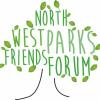
Reproduced with permission of North West Parks Friends Forum

